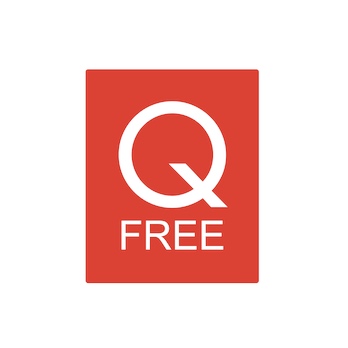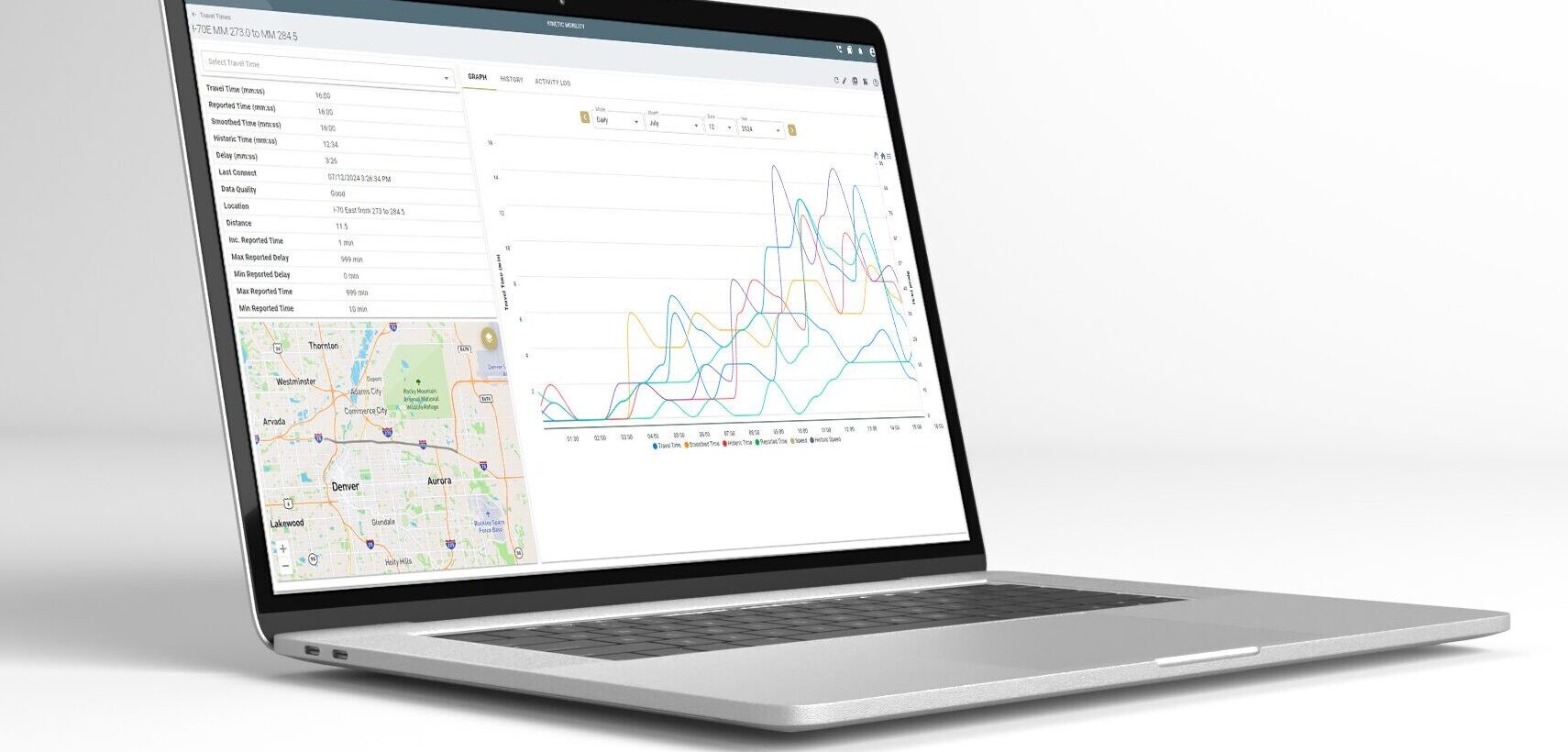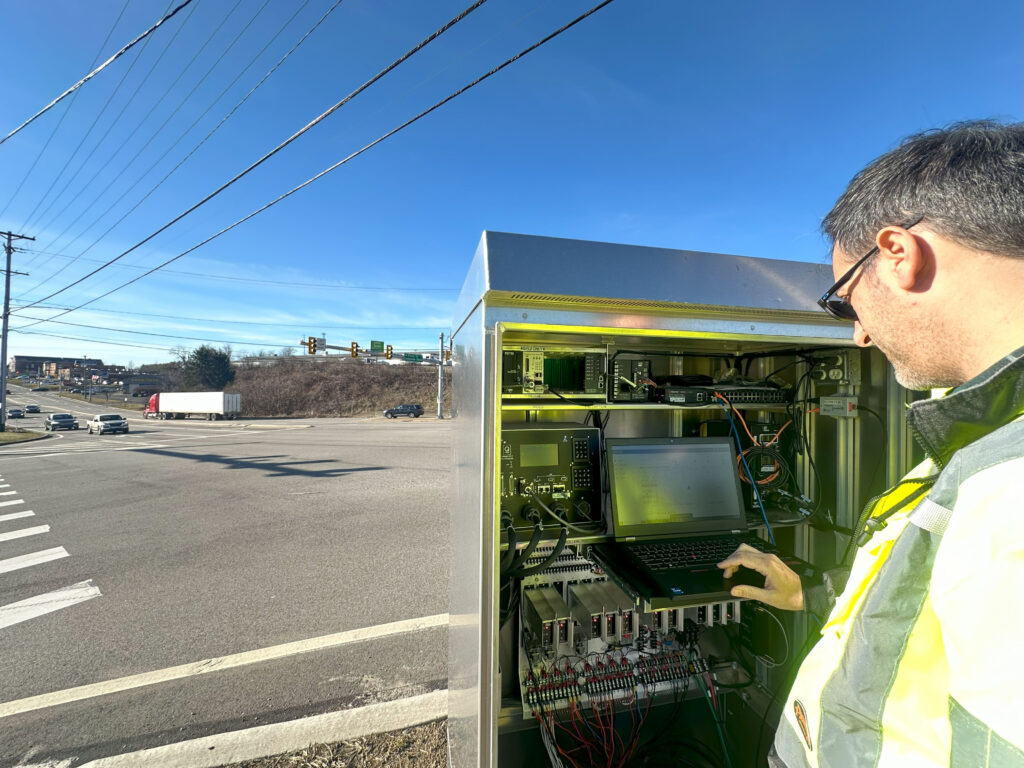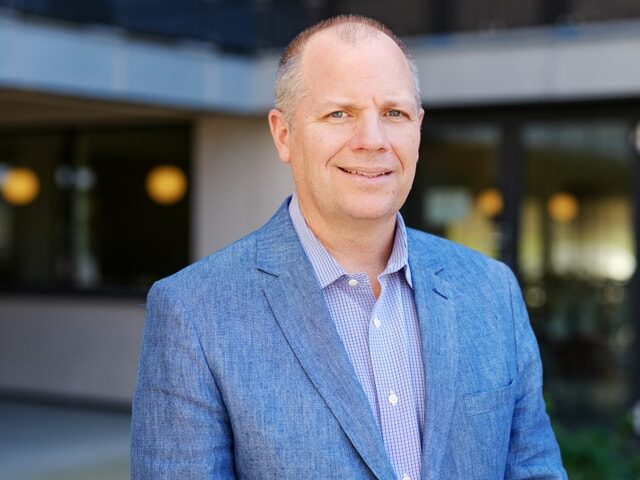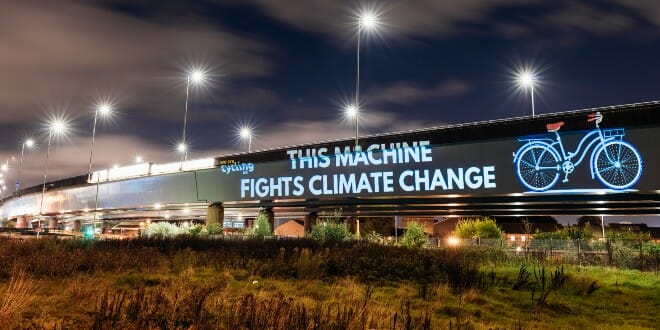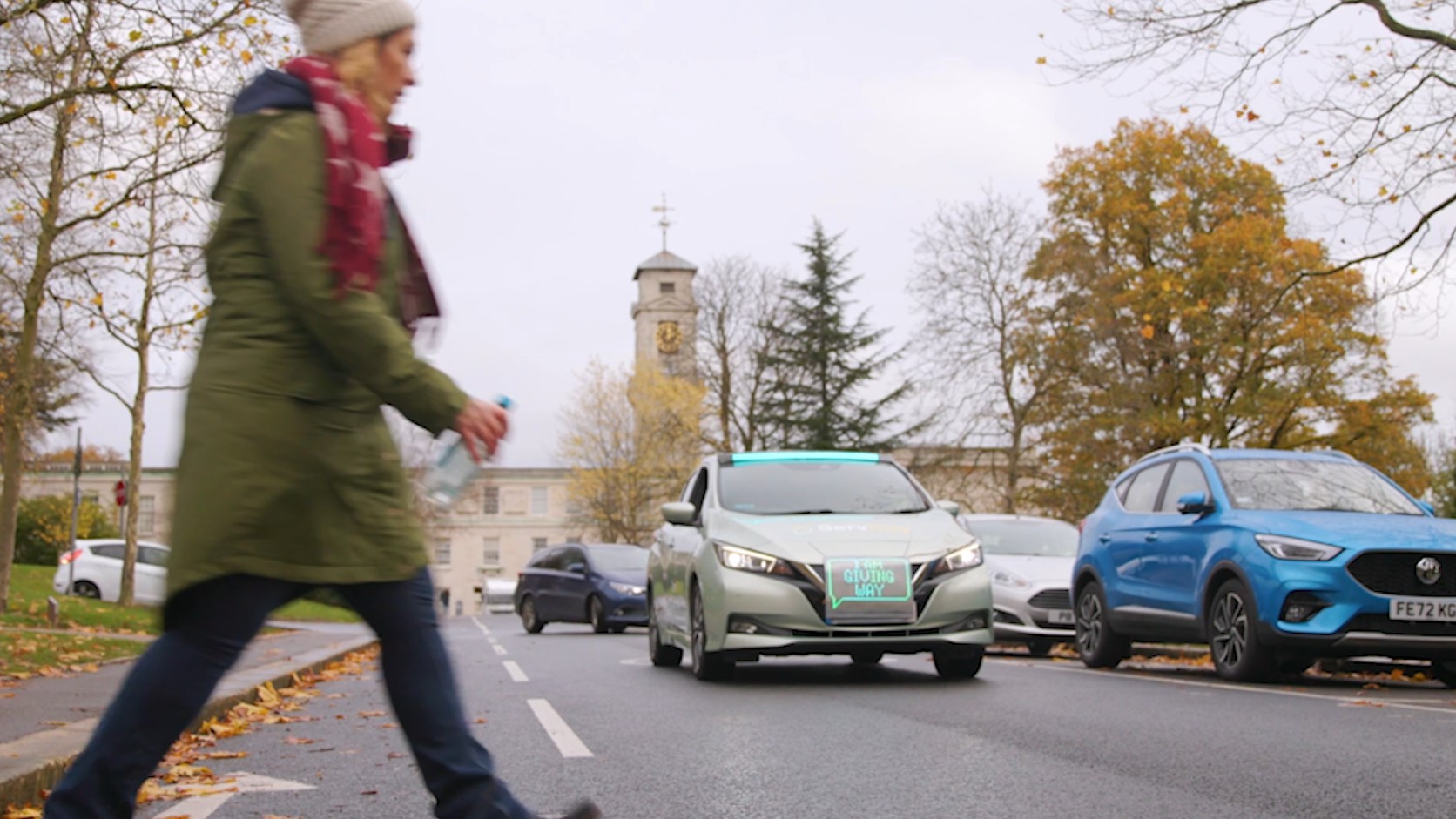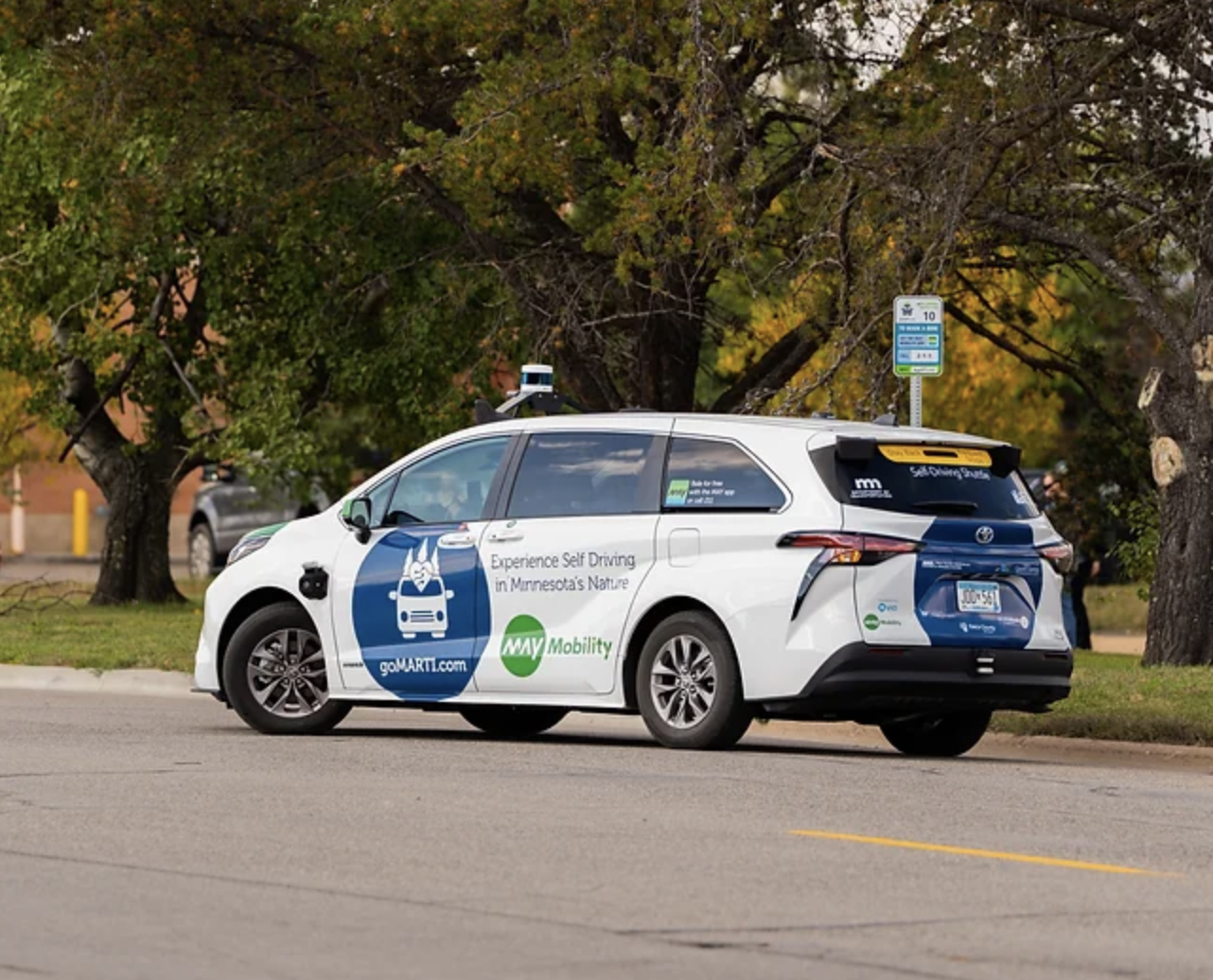Portland Technical Tour Highlights NextGen TSP from LYT and Q-Free
The project is part of the City’s long-term goal to improve transit reliability.

- Q-Free’s MAXTIME ic and LYT’s NextGen TSP technologies are part of the $175m Division Transit Project in Portland
- The holistic system improves on-time bus rates and pedestrian access while minimizing congestion
- On-bus technical tour (sold out) and in-booth demo at the 2023 Joint ITE International Annual Meeting and Exhibition
On Tuesday, August 15, a bus full of transportation professionals will take a guided tour down Division Street to learn about the innovative way the City of Portland implemented transit signal priority (TSP). Partnering with Q-Free and LYT, their innovative approach addresses key limitations of traditional TSP by combining innovative controller logic, artificial intelligence, and machine learning.
A progressive city known for its eco-friendliness, the City of Portland aims to increase the mode share of non-drive-alone trips to 70 percent citywide. A central focus area is increased transit reliability, recognizing public transit as a high-efficiency mode of travel that connects many to jobs, schools, parks, and entertainment.
Portland traffic engineers needed a robust TSP system for corridor management as part of the $175m Division Transit Project. They relied on a unique NextGen TSP solution leveraging multiple Q-Free and LYT technologies working in unison to ensure Portland public transport’s prompt, predictable arrival.
- Predictive cloud-based capabilities – Using current bus status and historical data, LYT’s advanced AI calculates estimated time of arrival when the bus is up to two minutes away. The system influences multiple signals in collaboration, adjusting traffic signal timing to promote on-time arrival and manage cross-traffic congestion.
- Advanced controller algorithms – Leveraging advanced logic functions and additional phases available in Q-Free MAXTIME intersection control software, Portland programmed unique ways for signals to serve other modes of transport – including pedestrians – in advance of the bus arrival while still increasing on-time arrivals.
Participants in the sold-out technical tour at the 2023 Joint ITE International Annual Meeting and Exhibition will get a unique insider’s view of the project, complete with system visuals. People without a tour ticket can still purchase a bus ticket and jump on one of Portland’s FX2 trendy – and bendy – high-capacity buses for a self-guided tour.
Learn More!
Join us and LYT for a quick system demo at the ITE Annual Meeting in Portland.
Monday, August 14
1:30pm local time
Q-Free booth #814
Project History
Metro began planning for the project in 2014. Stakeholders and community members approved the project plan, formally known as the “Locally-Preferred Alternative,” in November 2016. The plan was unanimously approved by the cities of Gresham and Portland, the Multnomah County Commission, and the TriMet Board of Directors. Metro transferred project leadership to TriMet on December 20, 2016.
The project, led by TriMet, was completed in summer 2022.
Project costs were approximately $175 million, funded by state, regional, local, and federal funding contributions.
Learn more at https://trimet.org/division/
This article was originally published by Q-Free.

